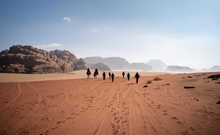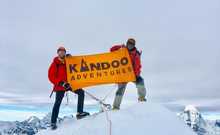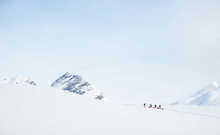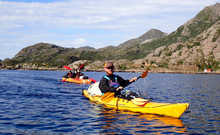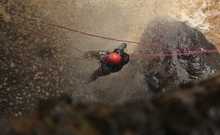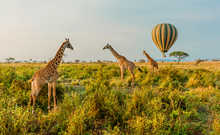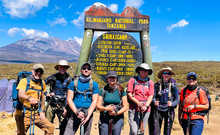Our Complete Morocco Travel Guide
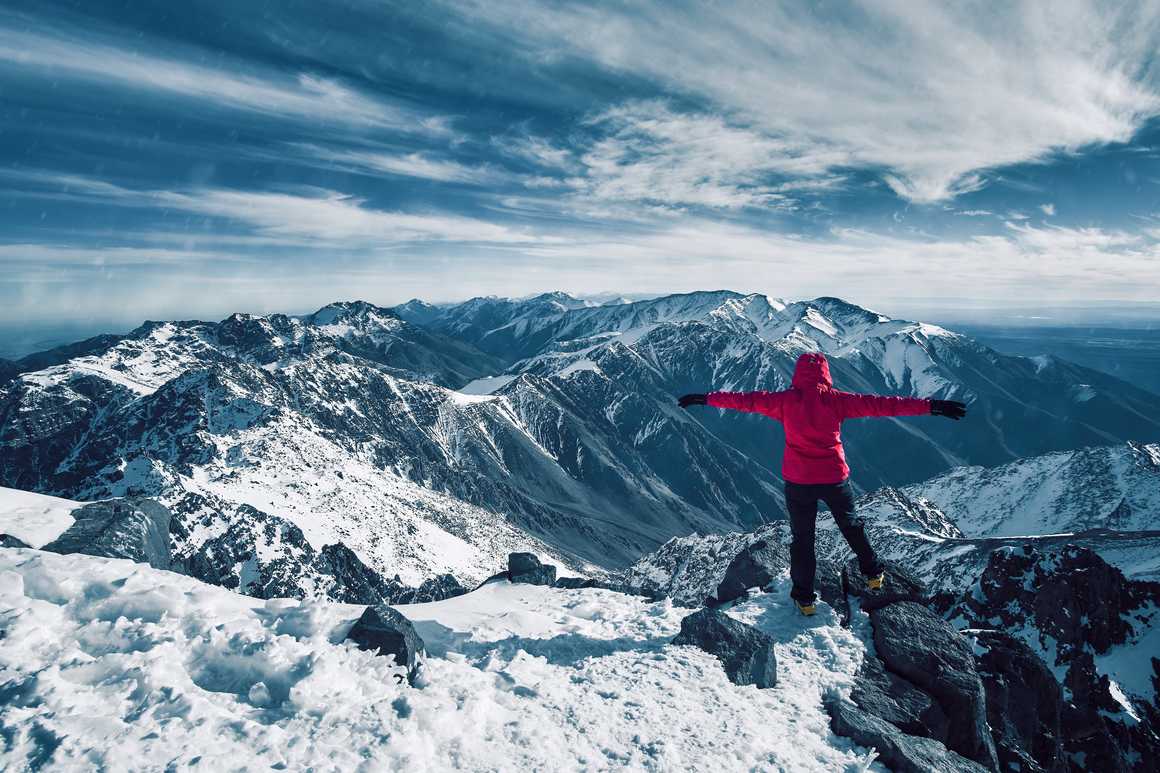
Where is Morocco?
The western shores of Morocco meet the Atlantic Ocean and
the northern coastline is across the Strait of Gibraltar from Spain and then
further east, the Mediterranean Sea.
The capital city of Morocco is Rabat, which is one the
western coast, north of Casablanca and south of the port city of Tangier.
What is the population of Morocco?
What language do they speak in Morocco?
What currency does Morocco have?
At the time of writing this (March 2024) £1 GBP was
approximately 12 dirhams (MAD) and $1 USD is 10 MAD.
What time is it in Morocco?
In terms of time difference with the US, Morocco is usually
4 hours ahead of New York and 7 hours ahead of Los Angeles. The time difference
between the US and Morocco will depend on which part of America you are in.
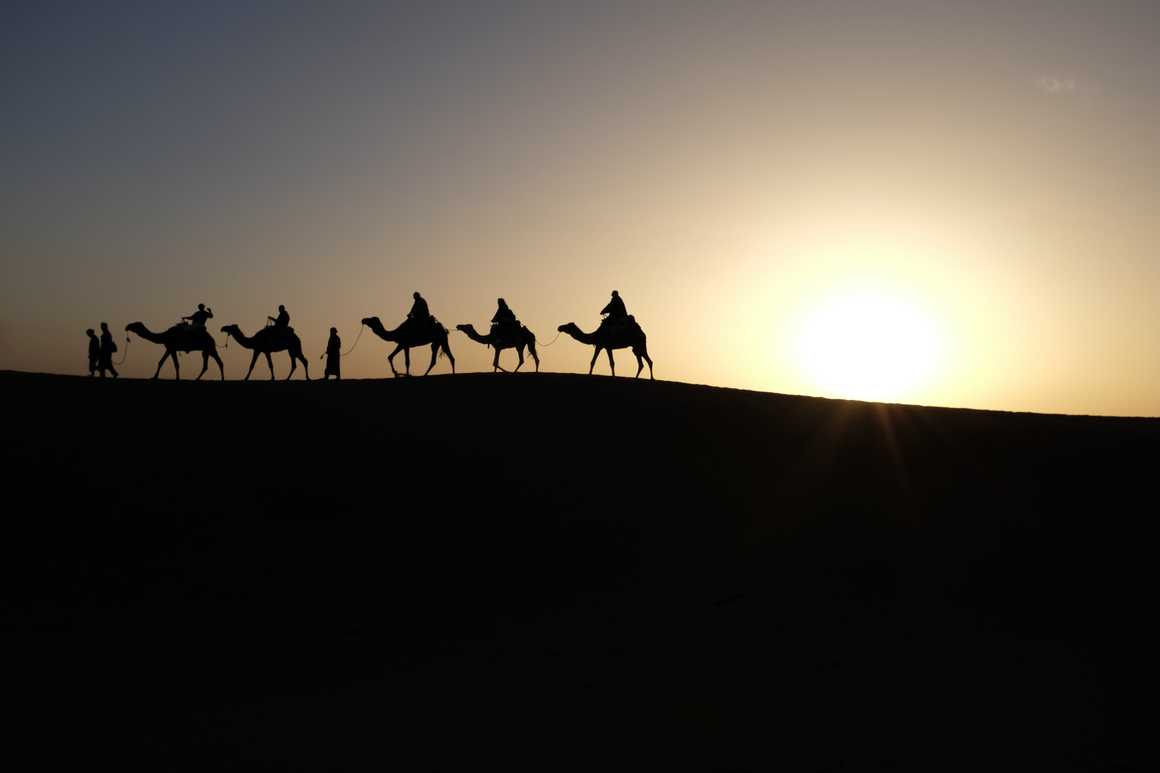
How long is the flight to Morocco?
The flight duration for flights from London to Morocco
differ depending on where you fly to.
London – Tangier – 3hrs 5mins
London – Marrakech – 3hrs 40mins
Transatlantic flights also depend on stopovers. You can find
direct flights from New York to Marrakech but flying to other airports may
include a stopover.
New York – Tangier – from 10hrs 10 mins – depending on
stopover time
New York – Marrakech – 7hrs 5 mins
There are no direct flights from Los Angeles to Morocco but
plenty of good options with stopovers in Europe or on the east coast of the US.
What is Morocco weather like?
In terms of rainfall, the summertime months from May –
September see much less rainfall than spring and autumn. January to April is
generally the wettest time to visit but these tend to be short downpours rather
than prolonged wet spells. The proximity of Morocco to the Sahara makes for a
generally dry, arid climate here but the wet season gives life to plenty of
lush landscapes, especially in the north of the country.
What to wear in Morocco
In more touristy areas such as Marrakech wearing shorts,
skirts and having bare arms is much more common, especially in the new parts of
the city, for both men and women.
There is no strict dress code for visitors here, but we
would always recommend respecting the culture of the country you are visiting
and dressing appropriately to the values and customs of the local people,
whether you agree with them or not.
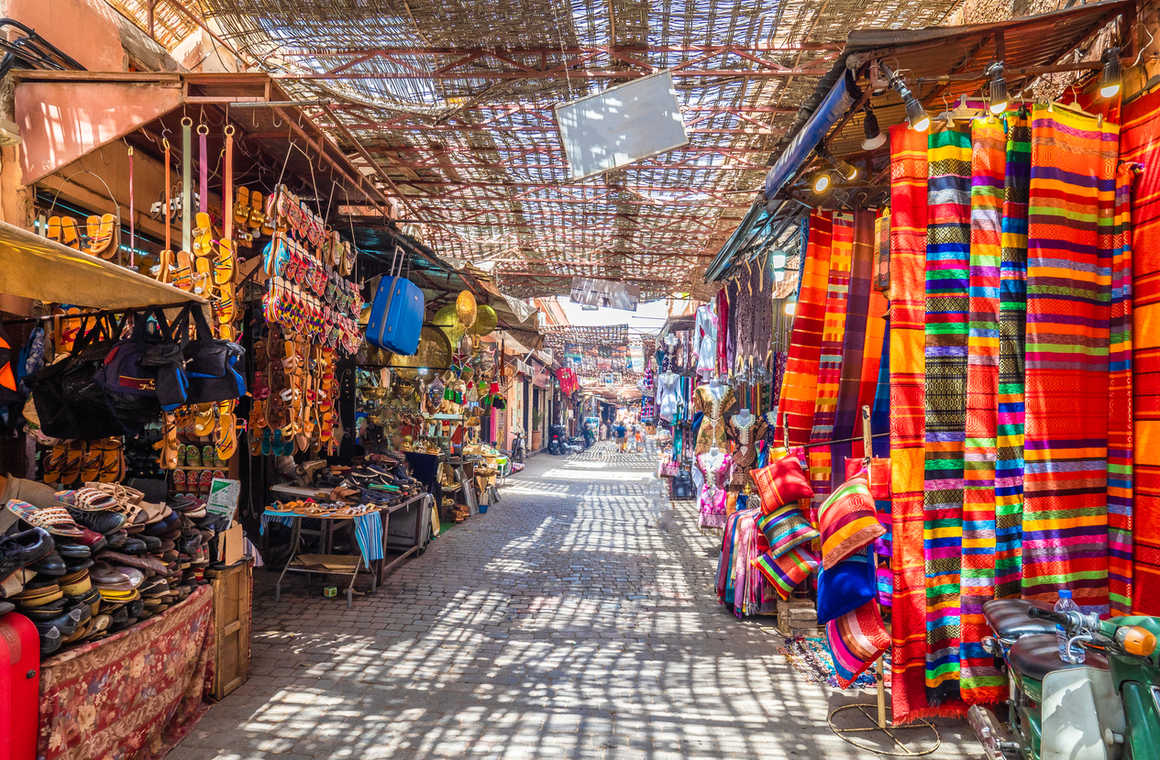
Toilets in Morocco
Public toilets don’t really exist so if you find yourself
caught short, you will have to find a toilet in a café or auberge (guesthouse).
You will usually be expected to buy something to use these facilities, similar
to in the UK. These toilets will most likely be squat toilets where there is a
hole in the floor with a stand surrounding it where you position your feet
before squatting.
This might seem daunting at first, but you will be surprised
how quickly you get used to it when it’s your only option! Moroccan toilets are
fairly typical for Africa, and they should not be a reason not to visit. Think
of it as embracing the local customs and learning a new skill …
Is Morocco safe?
It is important that you remember that most of the country
is Muslim so familiarising yourself with the customs and practices of this
faith will help you navigate daily life here. Some areas are more devout than
others, but a little respect goes a long way. Learning a few phrases of Arabic
will endear you to most Moroccans and so long as you behave considerately then
you won’t have any problems.
An example of this is the drinking of alcoholic drinks.
Morocco doesn’t tend to serve alcohol in its restaurants, except for the more
western places or international hotels. Drinking on the streets is a firm no no
and being inebriated in public will definitely be frowned upon.
Morocco entry requirements
You must have 6 months validity left on your passport when
travelling to Morocco.
Morocco vaccinations
Religion in Morocco
One of the most memorable experiences you’ll have in Morocco
is listening to the muezzin call to worship, which happens 5 times a day. If
you’re not familiar with the sound, you may be confused at first, but shops may
close for prayers and you will see people flocking to the mosque for prayer.
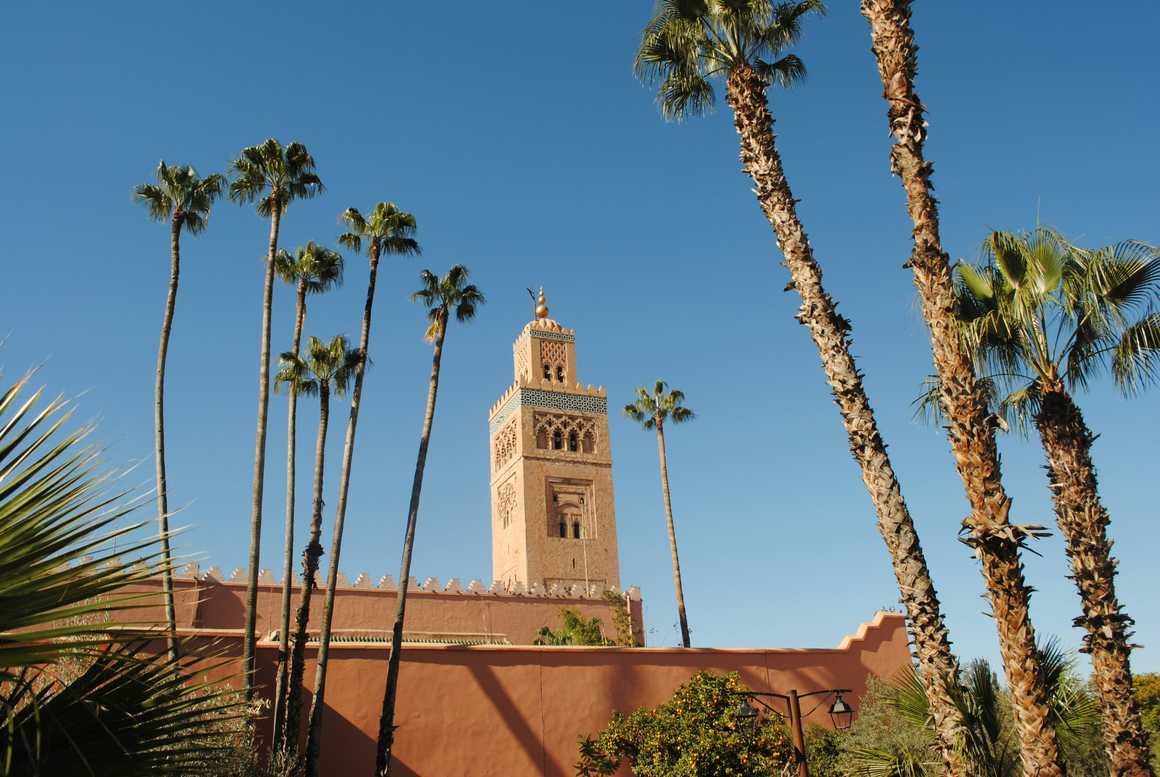
Things to do in Morocco
Visit Marrakech
Whilst Marrakech is not the capital of Morocco, it is the
most famous city. This central hub is a wonderful introduction to Moroccan
culture and a great place to base yourself for exploring the mountains, the
coast, the souks and the more cosmopolitan side of Morocco. Wander through the
medina, experience a hamman, explore the main square and practice your
haggling! Sample the culinary delights at local cafes and stalls and have your
first taste of Moroccan peppermint tea. If you only have a few days to spare,
spend them here. You won’t be disappointed.
Trek in the Atlas Mountains
We know a little bit about this, as you might expect. We
think everyone who visits Morocco should take a hike in the High Atlas
Mountains and we have trips to suit all abilities. Climb Mount Toubkal in
summer or winter, depending on how much of a challenge you’re after, and find a
quieter, more tranquil side to this busy country. Trekking in Morocco takes you
to some incredible places and the changeable scenery is just breathtaking.
Go to the beach
With so much coastline in Morocco you have a choice of where
to see the sea. We particularly like Casablanca, Agadir and Essaouira. For long
sandy beaches, watersports and luxury hotels Agadir is a good bet. Essaouira is
quieter but has plenty going on still and Casablanca is elegant full of
culture. Pick one or visit all three but don’t miss a trip to the seaside when
you’re in Morocco.
Try an adventure activity
Do you know how many different adventure activities you can
try here?! From paragliding and sandboarding, surfing and kitesurfing, quad
biking and trekking to white water rafting, rock climbing, mountain biking and
even skiing, there is plenty here for the adventurous travellers amongst us.
Explore the medina in Fes
The medina of Fes is a UNESCO World Heritage Site due to its
historical and cultural value. It is also one of the largest pedestrianised
city centre areas in the world. Spend at least a day or two exploring here,
sampling the culinary delights, smelling the spice stalls, haggling for
souvenirs and stocking up at the apothecaries.
Spend a night in the desert
Ride a camel into the Sahara Desert. I mean, that’s pretty
spectacular right, and not something you are likely to do regularly, unless
you’re a Berber. Camping in the Sahara is incredible. With nothing but dunes
for miles and stars that meet the horizon at night, sleeping in this sandy
wilderness is an experience you won’t forget in a hurry.
